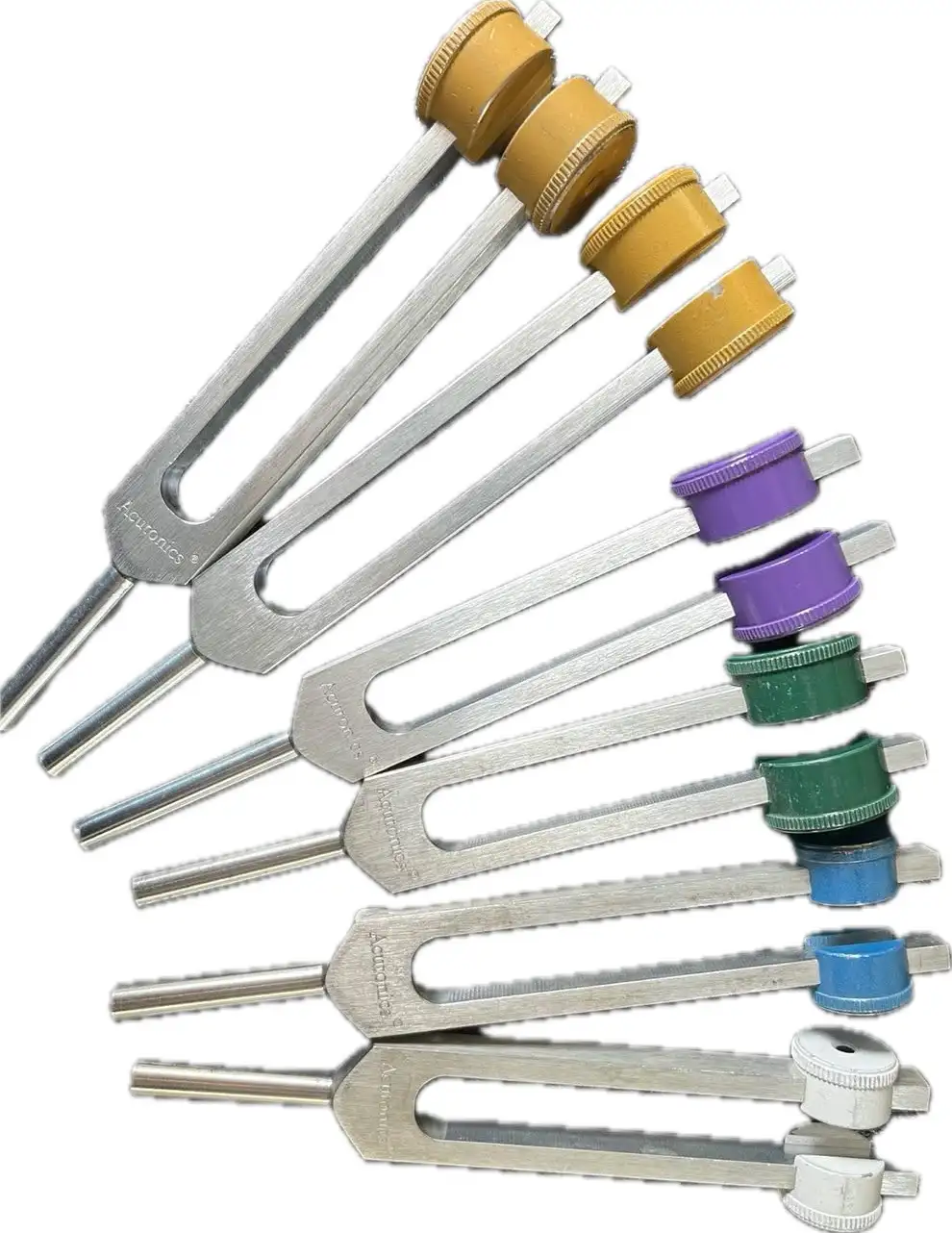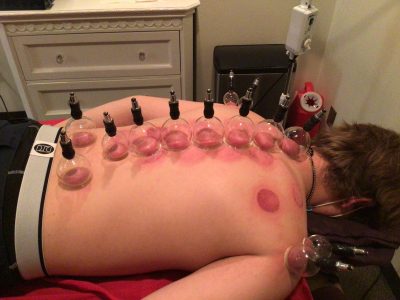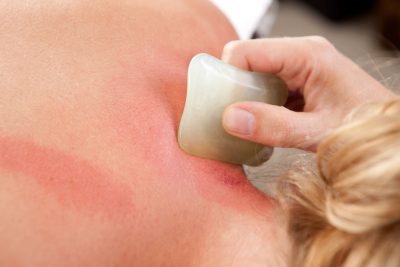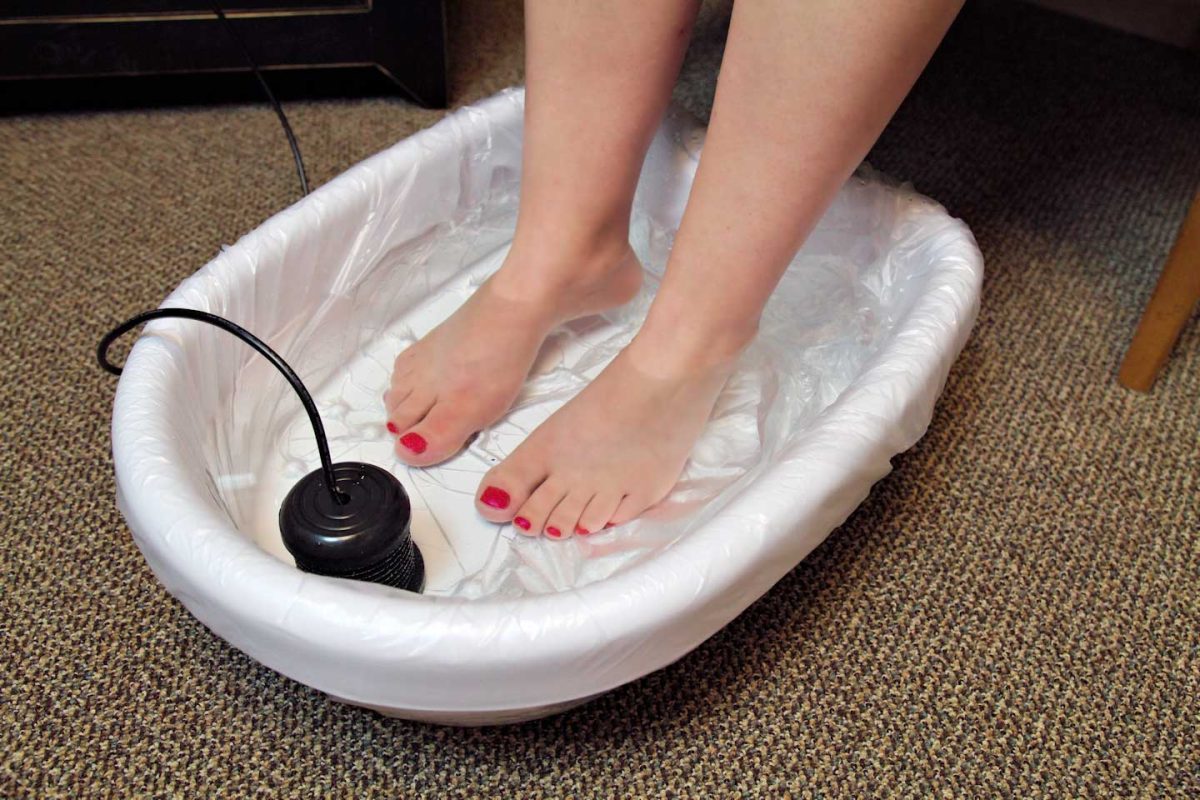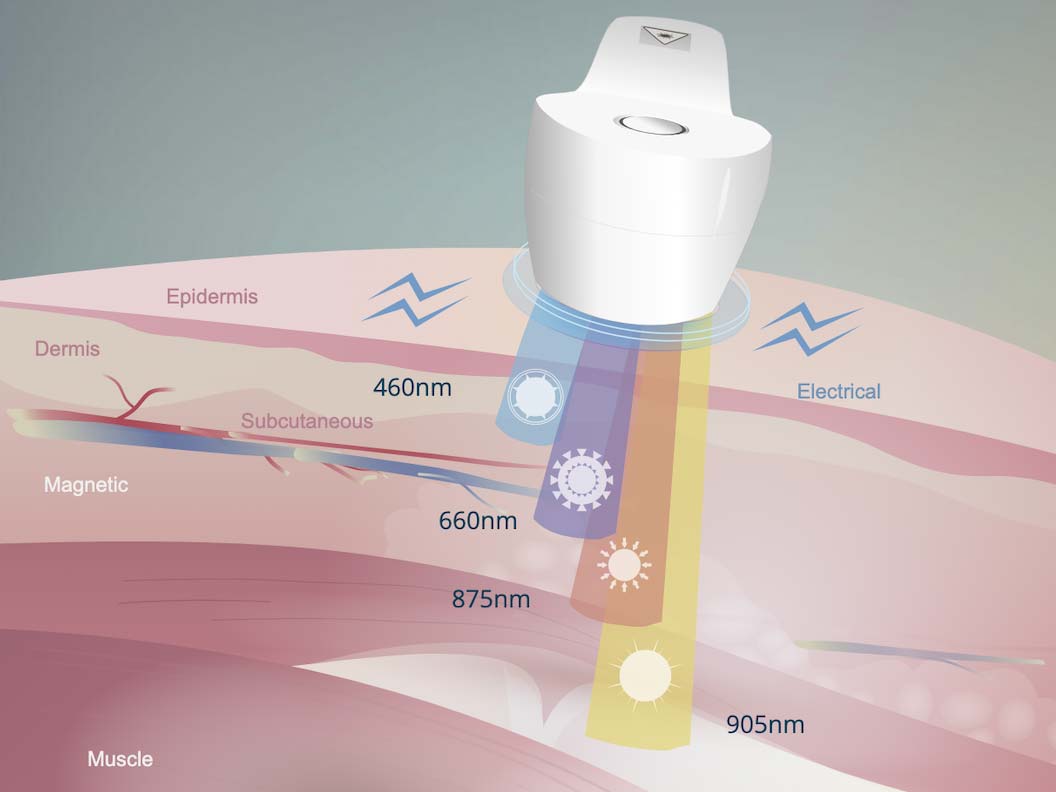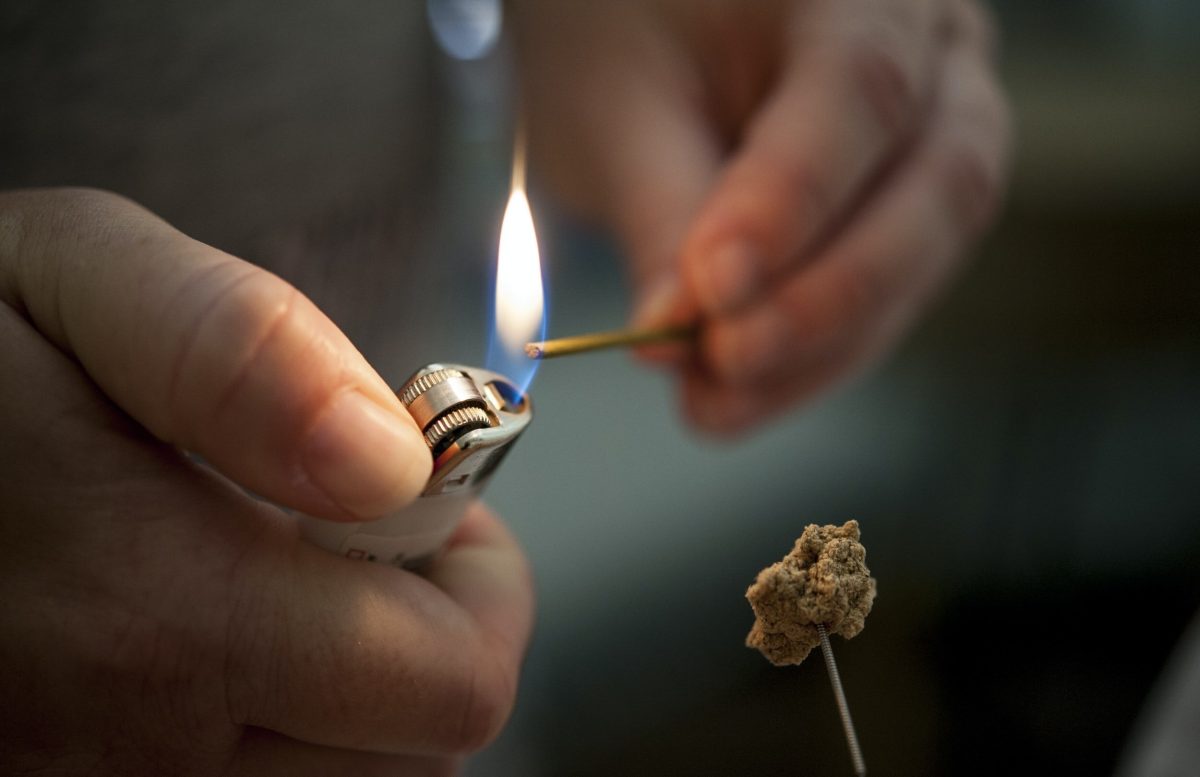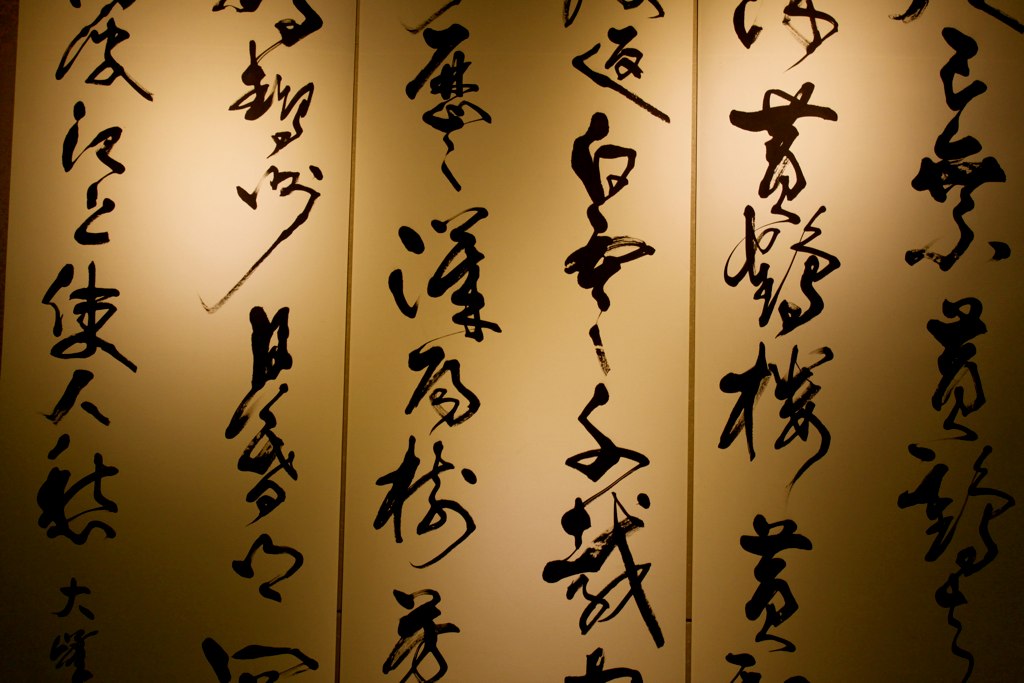Chinese Herbal Therapy
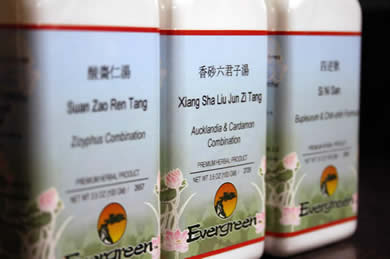
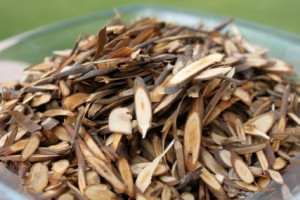
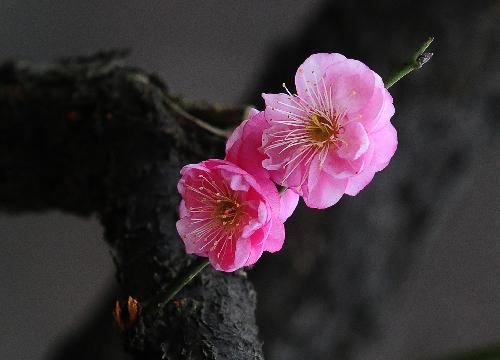
Our practitioners have passed the NCCAOM exam giving them the credential, “Dipl. C.H.”, or “Diplomate Chinese Herbology” of “Dipl. O.M.” Diplomate of Oriental Medicine. In the state of Colorado, this credential is not mandatory to practice Chinese Herbal Medicine, however it indicates a level of competency in the prescription of herbs. When seeking a qualified practitioner, look for the credentials Dipl. C.H.or Dipl. O.M.
Herbology is an intrinsic aspect of TCM.
Herbs are prescribed to reduce acute conditions such as the common cold or flu, and acute pain or trauma; they are also prescribed as a dietary supplement to build and strengthen the body. Herbal uses are vast: herbs move the blood to treat chronic pain, aid in reducing the side effects of chemotherapy, help digestive issues, insomnia, and female issues such as infertility from a luteal phase defect, endometriosis, immunological infertility and male issues such as sub-fertility due to low sperm count, poor morphology, or motility.
Chinese herbal therapy is widely used to treat many internal, gynecological, and pediatric conditions. There are over ten thousand documented herbal substances in the Materia Medica, published by the Ministry of Health in China. The majority of these substances are from plant sources and have been found through years of experimentation and usage to be effective for specific conditions. Chinese herbs are usually used in combinations of eight to twenty herbs and are customarily formulated for an individual patient’s specific condition. Therefore, it is common to have variations in herbal formulas from patient to patient. For instance, two people with constipation may have different symptoms. One person suffers from dryness, making it difficult to expel stool. They may have deficiencies, meaning they don’t have the energy to push out the stool. Another person has “heat” which burns up the fluids making it difficult to expel. The second person may also experience itching or burning along with the constipation. These two patients would be prescribed entirely different herbal formulas.
While someone can go to a pharmacy and purchase a laxative, it doesn’t address the underlying issues. For dryness, moistening, lubricating herbs are prescribed, whereas for deficiencies, tonifying, or qi building herbs would be prescribed, and for a person who has heat, herbs to clear the heat and cool the blood might be prescribed. The words used in these past few sentences, are the language of Chinese Medicine. The herbs can be dispensed to a patient in many forms such as raw (sticks, leaves, seeds, etc), powder, capsule, pill, and tincture (an alcohol solution which pulls out the active ingredients in the herbs). Herbs have many strengthening and potential therapeutic effects and contain many different varieties of nutrients, antioxidants, and vitamins which are essential to the body.
Medicinal Chinese herbs have been used for centuries to cure diseases and alleviate discomfort due to many different disorders. Every herb has its own properties which include its energy, its flavor, its movement and its related meridians to which it connects.
The five types of energies are cold, cool, neutral, warm and hot.
Usually cold or cool herbs will treat fever, thirst, sore throat and general heat diseases such as bad breath, strong body odor, inflammation, hot flashes, and many more. Hot or warm herbs will treat a cold sensation in the limbs, pain induced by cold in the body (meaning the painful area feels cold to the touch) and general cold diseases such as menstrual pain aggravated by cold and helped by heat.
The five flavors of herbs are pungent, sweet, sour, salty and bitter.
The other classification is bland. These herbs serve a purpose in the formula, but their flavor does not influence the organs. Pungent or acrid herbs disperse and move the qi and blood. These herbs are usually used for superficial disorders. Sweet herbs tonify, or fill deficiencies, harmonize a formula, and are sometimes also thought to moisten. Sour herbs are astringent and prevent or reverse the abnormal leakage of fluids and energy. These herbs are good to stop perspiration, diarrhea, seminal emission and leukorrhea (vaginal discharge). Salty herbs soften hardness, purge the intestines and drain downward. These herbs are used to treat hard stool with constipation or hard swellings such as goiter, cyst, and some kinds of tumors. Bitter herbs dry dampness and clear heat. After an herb is absorbed by a patient it can move in four different directions; upward towards the head, downward towards the lower extremities, inward toward the organs or outward towards the superficial regions of the body.
Substances that rise and float primarily move upward and outward, promoting sweating, dispersing cold, expelling wind and raising the yang. Ascending substances move the qi upward; floating substances keep the organs from collapsing. Upward movement herbs are used for falling symptoms such as prolapsed organs and hemorrhoids. Substances that fall and sink primarily move downward and inward, redirecting rebellious qi, calming wheezing, preventing abnormal loss of fluids, and anchoring ascendant yang (such as high blood pressure or headaches). Downward moving herbs are used to push down up-surging symptoms such as coughing and vomiting, high blood pressure, and headaches. Outward moving herbs are used to induce perspiration and treat superficial symptoms such as the beginning stages of the common cold. Inward moving herbs induce bowel movements and promotes digestion.
Each herb will have a corresponding meridian or meridians to which it will go, and specific herbs have a guiding effect and direct a formula to a certain meridian or part of the body. As an example, one herb added to a formula can change the formula direction from the upper back to the lower back, or the knees.
Some people describe herbs like paint. When you combine two colors, you end up with a different color. It is the same with herbs, each time you add another herb, the properties of the formula change.
Any herbs taken should be discussed with your practitioner. Please let your healthcare practitioners know all herbs, supplements, and medications you are taking so they may design the best herbal treatment plan for you.
Other Services

